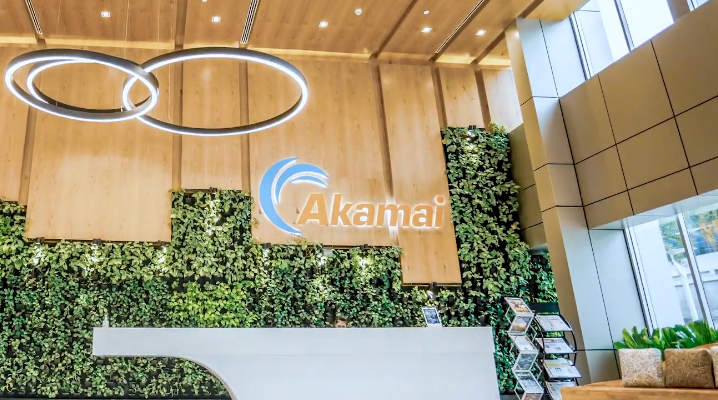 CLOUD
CLOUD
 CLOUD
CLOUD
 CLOUD
CLOUD
Akamai Technologies Inc. today announced that it’s buying Ondat, a venture-backed startup with a data storage platform for Kubernetes.
Kubernetes makes it easier to deploy and maintain software container applications. But it offers limited features for managing those applications’ data. As a result, companies that use Kubernetes often deploy external storage tools such as Ondat’s platform.
“Storage is a key component of cloud computing and Ondat’s technology will enhance Akamai’s storage capabilities, allowing us to offer a fundamentally different approach to cloud that integrates core and distributed computing sites with a massively scaled edge network,” said Adam Karon, chief operating officer and general manager of Akamai’s cloud technology group.
Ondat, officially StorageOS Inc., is a London-based startup backed by $20 million in funding. Its customer base includes major enterprises such as DHL and Lloyds Bank plc, one of the largest financial institutions in the U.K. The companies didn’t reveal the financial terms of the deal.
Administrators regularly adjust how much storage capacity is assigned to a Kubernetes application based on the amount of data it’s holding. Ondat automates the process to a large degree, which saves time. Its platform also encrypts applications’ information and compresses it to save storage capacity.
Alongside its core feature set, Ondat provides tools that help reduce the risk of data loss in Kubernetes environments. The startup’s platform uses what’s known as a checksum algorithm to automatically scan a company’s data for potential errors. Additionally, it allows organizations to create multiple standby copies of their data and bring them online if the original becomes inaccessible because of an outage.
Kubernetes clusters usually contain multiple servers. In some cases, Kubernetes may deploy an application and its data on two different servers, which slows down performance. An application deployed in such a manner has to make time-consuming network requests to retrieve the information it requires for processing tasks.
To optimize performance, Ondat’s platform can place each workload on the server that contains its data. This removes the need for data to travel across the network and thereby increases performance. In situations where data travel can’t be avoided, the platform speeds up the process by compressing network traffic.
Ondat is one of several Kubernetes-focused storage platforms on the market. According to the startup, one of its platform’s main differentiators is its focus on usability. The software is packaged into a container, which makes it relatively simple to deploy, and can be configured with as little as a few commands.
Akamai expects to complete the acquisition by March 31. From there, the company will integrate the technology with its recently debuted Akamai Connected Cloud platform. The platform is an edge computing offering based on assets from Linode LLC, a Philadelphia-based hosting provider that the company acquired last year for $900 million.
“The acquisition of Ondat by Akamai is another indication that Kubernetes is entering the mainstream for enterprises deploying stateful business applications on Kubernetes environments in public clouds,” said CloudCasa founder and general manager Sathya Sankaran. “Ondat fills the distributed storage management gap in the Linode Kubernetes Environment for the Akamai Connected Cloud.”
Introduced last month, the Akamai Connected Cloud comprises edge computing sites deployed at different metropolitan areas around the world. Developers can deploy their applications at those sites to reduce latency for customers. If a company has users in a certain city, it could deploy its application on an edge computing environment near that city to speed up network access.
Akamai plans to establish Akamai Connected Cloud edge computing sites in more than 50 cities worldwide by year’s end. Additionally, the company plans to build “enterprise-scale core cloud computing sites” in the U.S. and Europe. They will offer compute, storage and database services, as well as other capabilities.
THANK YOU